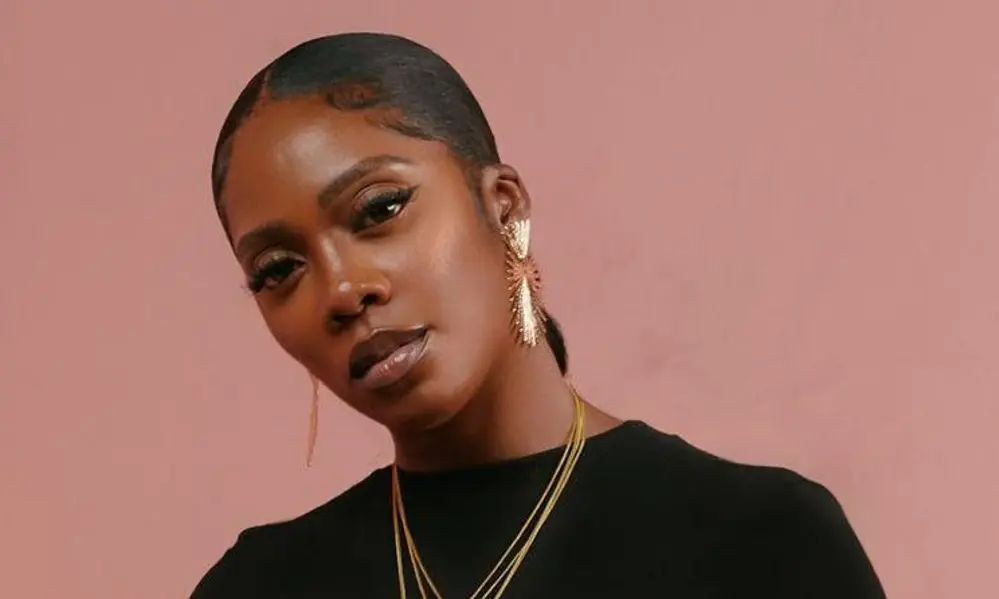Nigerian music icon Tiwa Savage has openly reflected on her past romantic choices, acknowledging that prioritizing love over financial stability in relationships was a misstep she now aims to correct. In a recent interview with media personality Zeze Mills, the award-winning artist, known for hits like Koroba, revealed a shift in her approach to dating, emphasizing wealth as a non-negotiable criterion for future partners.
“I used to make the mistake of dating down, thinking, ‘I don’t care if you’re not making money—it’s just love,’” Savage stated. “Now, I think I need someone who has money. Love is really nice, but you can judge me for wanting a wealthier person if you want.” The singer, who has dominated Afrobeats charts for over a decade, framed the pivot as part of a broader evolution in her personal life. She added, “I’ve tried the other way for so many years. Let me try what it’s like dating a wealthy man.”
Savage’s remarks come five years after her highly publicized divorce from Tunji Balogun, her former manager known professionally as Teebillz. The couple married in 2013 and welcomed a son, Jamil, before their separation in 2018 following unresolved marital disputes. While she has kept details of her romantic life private since then, her latest comments signal a clear departure from past priorities.
The candid discussion has sparked broader conversations about financial dynamics in relationships, particularly for high-profile women in male-dominated industries. Savage—a trailblazer in African entertainment—has long championed female empowerment through her music and public persona. Her assertion that she now seeks a partner with comparable wealth reflects a pragmatic stance, echoing debates about equality, independence, and societal expectations faced by successful women globally.
While some social media reactions criticized the singer for appearing materialistic, others defended her candor, arguing that financial compatibility is a legitimate consideration in partnerships. Savage herself acknowledged potential backlash, saying, “You can judge me if you want,” but doubled down on her resolve to prioritize stability.
As one of Africa’s most influential artists, Savage’s personal revelations often reverberate beyond tabloid headlines, intersecting with cultural shifts in gender roles and relationship norms. Her remarks underscore a recurring tension between romantic idealism and practical realities—a theme resonating with audiences navigating similar crossroads in their lives.
Though she did not elaborate on specific future plans, her transparency offers a glimpse into the evolving priorities of a woman reshaping her narrative on her own terms. For now, fans await her next chapter, both musically and personally, as she continues to balance global stardom with the pursuit of fulfillment beyond the stage.
